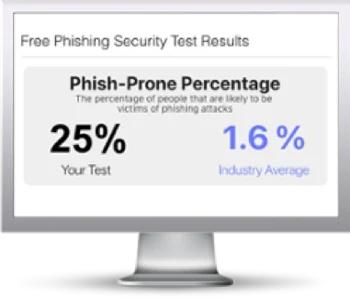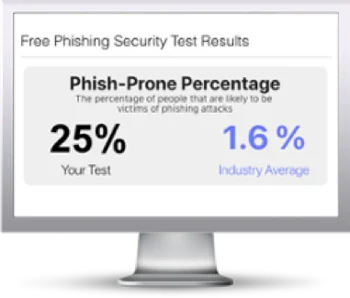Browser-Based Phishing Attacks Increase 198%, With Evasive Attacks Increasing 206%

A new report shows massive increases in browser attacks in the second half of 2023, with over 31,000 threats specifically designed to bypass security solution detection.
I spend a lot of time on this blog talking about phishing, social engineering, smishing, deepfakes and more – all topics centered around attack techniques designed to interact and fool a user.
But when cybercriminals target browser users, there’s an entirely different level of trust; with email, there’s a level of expectation around how an email should look, where it’s from and what it should contain.
But when it’s a browser, all it takes is a convincing webpage or the misuse of an exploit to potentially invoke and start off an attack. And according to security vendor Menlo Security’s State of Browser Security report, these browser-based phishing attacks are very much on the rise – remember, when we’re talking about 200% increases.
That’s huge.
Meno Security detected over 550,000 browser-based attacks in 2023 – something organizations typically have little visibility into. And the use of evasive techniques is also growing. Menlo provides the example of Legacy URL Reputation Evasion (LURE), where URLs are either hijacked trusted sites, or domains left dormant until their URL reputation builds over time.
These types of evasive techniques are so powerful that Menlo detected over 11,000 zero-hour browser-based phishing attacks that, “exhibited no signature or digital breadcrumb, meaning no existing SWG or endpoint tool was able to detect and block these attacks.”
In addition to considering security solutions specifically designed to protect against browser-based attacks, also account for the phishing aspect. This is where users are mistakenly led to engage with the attack by providing credentials, clicking links and launching executables.
By educating your users with security awareness training about these kinds of attacks, the effectiveness of the attack diminishes as users stop interacting, thus neutralizing the power of browser-based attacks.
KnowBe4 empowers your workforce to make smarter security decisions every day. Over 65,000 organizations worldwide trust the KnowBe4 platform to strengthen their security culture and reduce human risk.
Free Phishing Security Test
Would your users fall for convincing phishing attacks? Take the first step now and find out before bad actors do. Plus, see how you stack up against your peers with phishing Industry Benchmarks. The Phish-prone percentage is usually higher than you expect and is great ammo to get budget.


Here’s how it works:
- Immediately start your test for up to 100 users (no need to talk to anyone)
- Select from 20+ languages and customize the phishing test template based on your environment
- Choose the landing page your users see after they click
- Show users which red flags they missed, or a 404 page
- Get a PDF emailed to you in 24 hours with your Phish-prone % and charts to share with management
- See how your organization compares to others in your industry
PS: Don’t like to click on redirected buttons? Cut & Paste this link in your browser:https://info.knowbe4.com/phishing-security-test-partner?partnerid=001a000001lWEoJAAW

